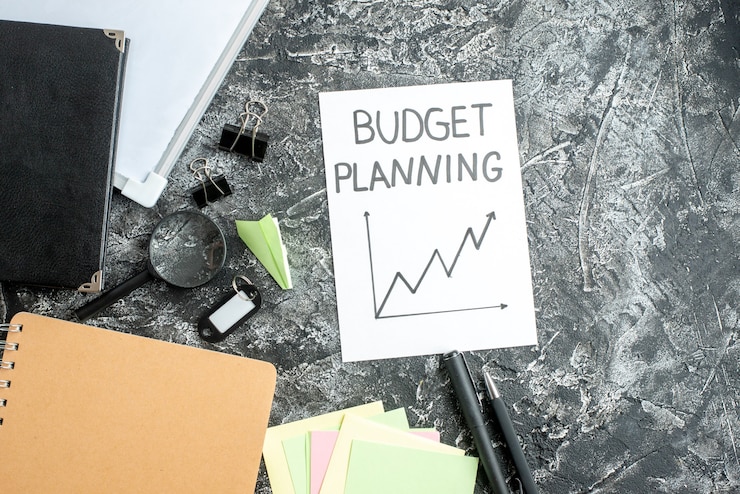A Canadian bank recently surveyed over 500 small business owners about what they love and hate most about owning their own business.
Unsurprisingly, flexibility and feeling in control ranked first in the “love” category. Meanwhile, almost 60% said bookkeeping was hands-down their most hated task.
Most business owners understand that effective financial management is key to their success. But lack of knowledge, frustration, and even avoidance can add up to accounting mistakes that derail future growth.
Protect your business and reduce your stress by avoiding these five costly accounting errors.
Mixing personal and professional finances
From day one, business owners should have a separate bank account in which to deposit their income and pay their business expenses.
It’s also crucial to designate a business-only credit card. Come tax time, separate statements will make submitting claimable expenses quick and easy, while reducing the risk of a painful audit.
Letting accounts receivable slide
It’s frightening easy to lose track of which customers have paid you and which clients are late. Implement a strict policy and schedule for tracking accounts receivable and pursuing unpaid invoices.
- ask customers to pay at the point of purchase or no more than 30 days later;
- contact clients to confirm they have received your invoice and to agree on a payment date;
- follow up immediately when payment dates are missed; and
- keep accurate, up-to-date records of each client’s payment history.
Investing in a cloud-based accounting solution can make AR a breeze by automating your monthly invoicing – and contacting late payers with a reminder email.
Not using tech to track your expenses
Tired of chasing down missing receipts and struggling to justify claims come tax time? There’s an app for that! Choose from numerous options, such as Receipt Bank, Shoeboxed or Expensify.
Many of these apps generate expense reports that are easy to share, or sync automatically with accounting software.
Neglecting to strategize for long-term growth
Effective accounting means managing day-to-day finances while making provisions for future growth. Software and cloud-based solutions offer easy ways to track your financials, but they also generate reports and provide analytic tools SMB owners can use for future forecasting.
Familiarize yourself with the reports your software can generate to track long-term trends, identify and mitigate risk, and discover new ways to increase profitability. Talk to your accountant about which reports and metrics are most important for your particular business and how to utilize them.
Final tip: Don’t go it alone
Small business owners are rarely trained accountants. Don’t try to manage your company’s finances all by yourself.
Collaborate with a trusted professional, invest in quality IT solutions, and spend some time familiarizing yourself with relevant tools and trends.
You’ll feel empowered, which is step one to forging a more love-filled relationship with small business accounting!
Handling a business can be difficult, as there so many aspects to it. It is clear that many businesses generally do not enjoy the task of bookkeeping, as it can be tedious at times. S & H Tax Accountants are here to help, our team is well-qualified and rather experienced. We aim to provide our clients with the best level of service possible, as we offer bookkeeping services and all other tax services as well. To book an appointment now, you can call us at 03 8759 5532 or email us at info@sahtax.com.au




















